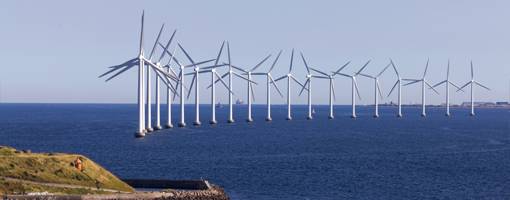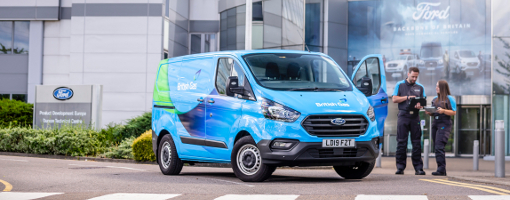Investors representing over $6.5tr are calling on six of the largest companies in the $570bn global fast-food sector to act on the climate and water risks in their supply chains.
The letters, facilitated by Ceres and the FAIRR Initiative, ask companies to explain by March 2019 how they plan to enact meaningful policies and targets to de-risk their meat and dairy supply chains. The letters were sent to Domino’s Pizza, McDonald’s, Restaurant Brands International (owners of Burger King), Chipotle Mexican Grill, Wendy’s Co. and Yum! Brands (owners of KFC and Pizza Hut).
More than 80 investors have joined the letter, including BMO Global Asset Management (Canada), Aviva Investors (UK) and Aegon Asset Management (Netherlands). The engagements are supported by several investors that are also members of the Interfaith Center on Corporate Responsibility (ICCR).
Jeremy Coller, Founder of FAIRR and CEO of Coller Capital said: “Other high-emitting industries, such as cars or oil and gas, are beginning to set clear yet ambitious climate targets, making animal agriculture one of the world’s highest-emitting sectors without a low-carbon plan. A failure to tackle these major environmental problems in corporate supply chains puts the long-term financial sustainability of these household names under threat. Investors are calling for more strategic and innovative thinking to manage these risks.”
The letters call on the fast food companies to: adopt a supplier policy with clear requirements for suppliers of animal protein products to report and reduce greenhouse gas (GHG) emissions and freshwater impacts, publish quantitative, time-bound targets to reduce the GHG emissions and freshwater impacts of their own meat and dairy supply chains and undertake a climate scenario analysis in line with the recommendations of the Task Force on Climate-related Financial Disclosures (TCFD).
The investor letter highlights that the meat and dairy industry currently has limited water and climate policies and goals in place. Analysis by the Coller FAIRR Index found that more than 70 per cent of meat and livestock index companies do not have targets for reducing GHG emissions. The meat sector was also shown to be the lowest performing industry in Feeding Ourselves Thirsty, a 2017 analysis of water management practices released by Ceres, and is a major source of nitrogen and phosphorus pollution globally.
Latest News
-
Chelsea FC becomes first Premier League club to receive dedicated epilepsy awareness training
-
Car brand hands £100,000 to UK temperate rainforest charity
-
Health firm supports older LGBTQ+ community
-
Good causes across Wales share £600,000 in building society funding
-
Pub firm partners with mental health charity for next two years
-
Home improvement platform names next charity partner
© 2019 Perspective Publishing Privacy & Cookies







Recent Stories